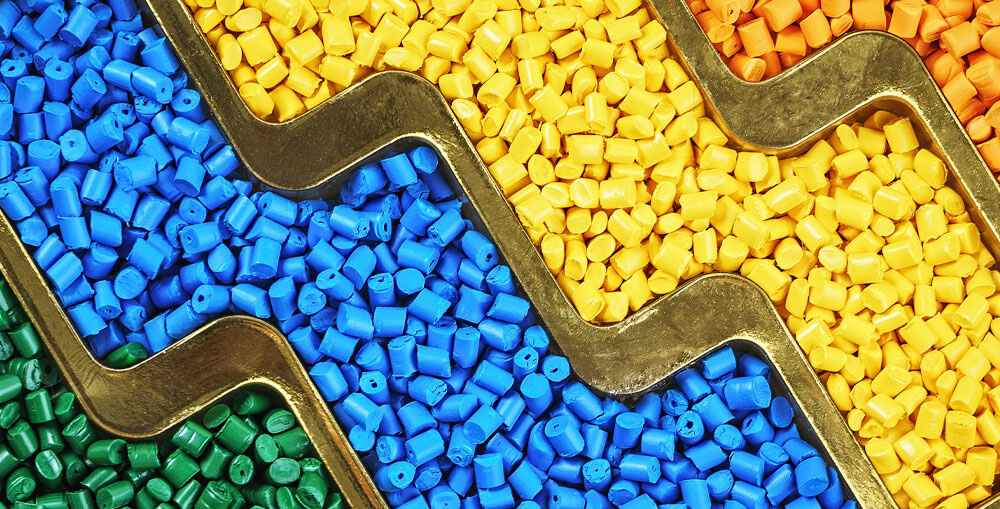


LDPE stands for Low-Density Polyethylene, which is a type of thermoplastic made from the monomer ethylene. It is one of the most common plastics used in a wide variety of applications due to its flexibility, transparency, and chemical resistance.
Density: Lower density compared to other polyethylene types, which makes it more flexible and softer.
Flexibility: LDPE is highly flexible, making it ideal for applications like plastic bags and film wraps.
Transparency: It has good transparency, which is useful for applications where clarity is important.
Chemical Resistance: LDPE is resistant to many acids, bases, and oils, making it useful for containers and bottles.
Moisture Barrier: It provides a good barrier against moisture, though not as good as some other plastics like HDPE (High-Density Polyethylene).
Plastic Bags: Grocery bags, trash bags, and other lightweight plastic bags.
Packaging Films: Shrink wraps, stretch films, and bubble wraps.
Containers: Squeeze bottles, food containers, and lids.
Liners: Used as liners in various applications, including landfills and agricultural fields.
LDPE is widely recycled, often designated with the recycling code #4. However, its recycling process can be more challenging compared to other plastics due to its flexibility and tendency to clog machinery.
